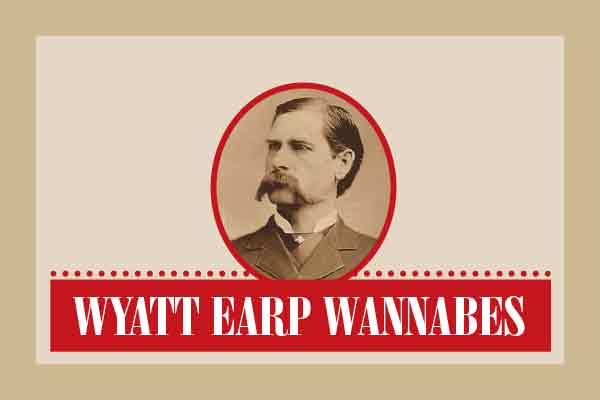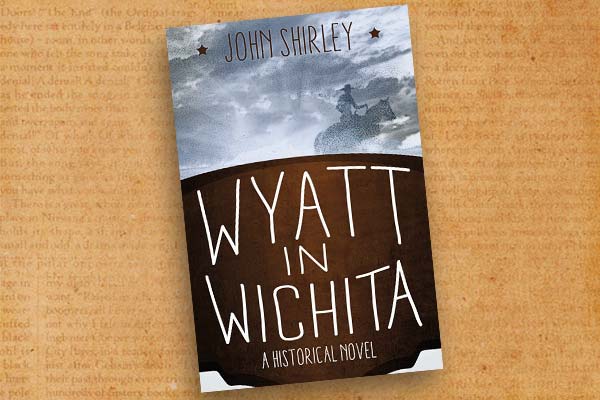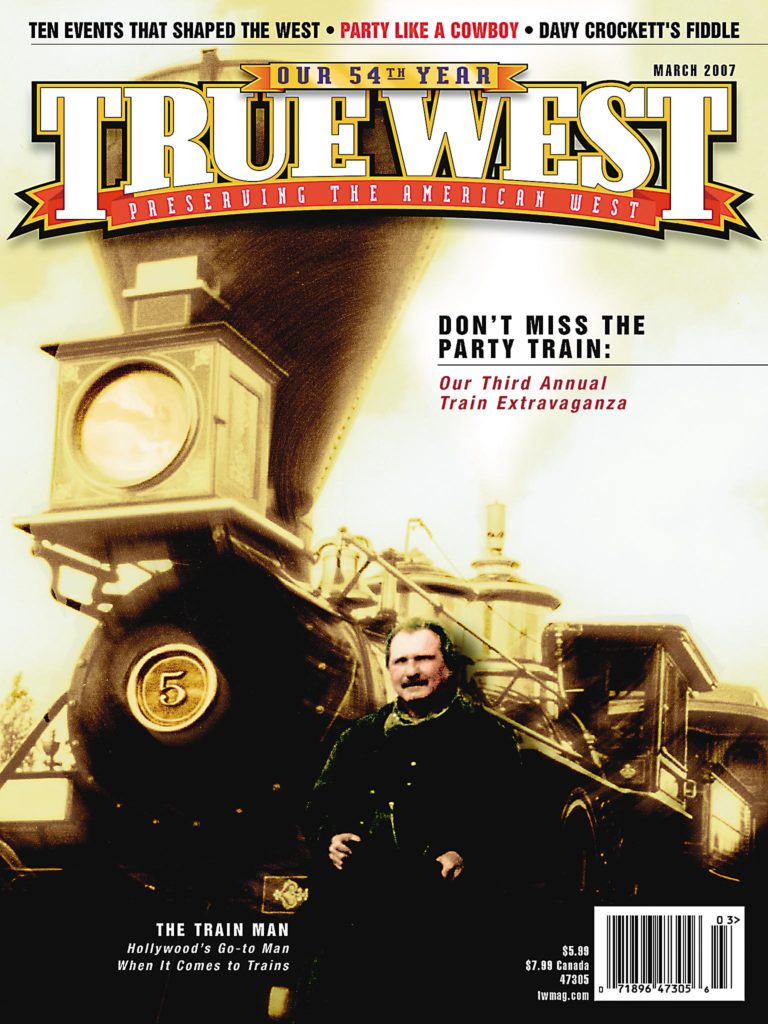Was Wyatt Earp as good a hero as we have been led to believe? I’ve read he was involved in a “gold brick” swindle. Can you tell me more about that scam?
John Logan Hall
Denison, Texas
I found the gold brick story in Ed Bartholomew’s book, one that takes pleasure in slamming Wyatt, but I don’t place much credence in it.
Allen Barra tells me he and noted Earp expert, Jeff Morey, couldn’t corroborate the “gold brick” story about a faro game held at the Auditorium Hotel in Mobeetie, Texas. The game allegedly took place in September 1879, but Wyatt, who’d just left Dodge City, was headed for Las Vegas, New Mexico; he wasn’t in Texas.
Making front-page news in 1911 in The Los Angeles Herald, the story reported a “gold brick” scam by Wyatt, as a faro dealer, and one of his cronies who had a man purchase $2,500 in chips to win $4,000, so the three of them could split the winnings.
Why would the paper run such a story? Earp expert, Bob Boze Bell, gives us a clue. “When Earp became controversial after the 1896 prize fight in San Francisco and then with his arrest in Los Angeles for bunco steering, the papers began to run items about his alleged past; that’s where this gold brick episode probably came in.”
Was Wyatt a hero? Well, we’re not talking about Boy Scouts when studying the character of these Old West figures. They were products of their times, and the times were tough. Author Louis L’Amour said it best: “Out West, it took men with the bark still on to survive.”




